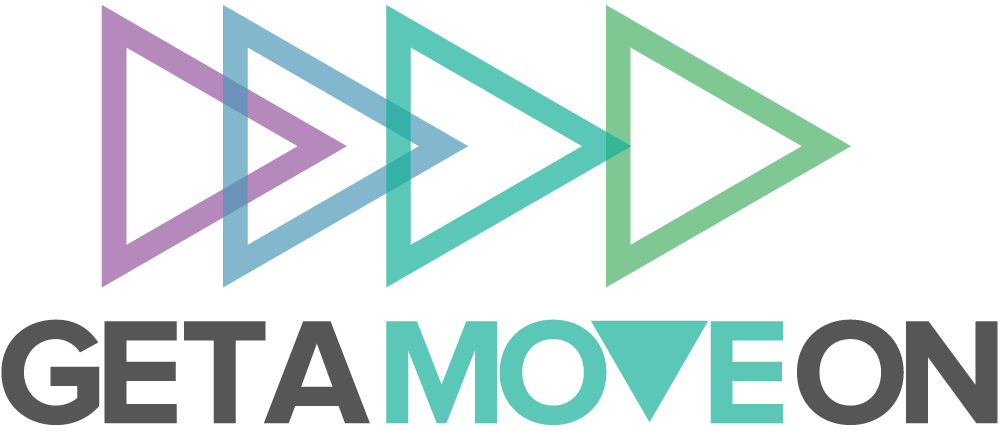May 2017: 1st GetAMoveOn Symposium
GetAMoveOn Network+ Symposium on Enhancing Physical Activity Through Technology - London - May 24th and 25th 2017
Our Symposium took place on 24th & 25th May 2017. If you were there, you'll know what a fantastic event it was. If you missed it, the information below - published in advance of the event - sets out what it was all about.
Download the symposium proceedings booklet with the full agenda and abstracts
View a compilation of tweets from the day to give you a flavour of what we talked about
About the symposium
The aim of the symposium is to bring together experts in sensor networks, data analytics, interactive visualisation, human computer interaction, online citizen engagement, behaviour change, sports and exercise with the aim of transforming health through enabling mobility.
The meeting is sponsored by the EPSRC-funded GetAMoveOn Network+.
The event is planned to provide:
- a forum for dissemination of ongoing research, including research directly funded by the Network+
- an opportunity to explore challenges in the area
- an opportunity to contribute to the shaping of future initiatives and funding calls offered by the Network
Research challenges and opportunities
The promise of transformative health
New technologies are transforming our ability to capture lifestyle data on individuals in real time. Consumer technologies such as step counters and wifi scales are the tip of an iceberg - research programmes worldwide are proposing lifestyle data capture from devices ranging from video cameras to electricity meters to wearables. Meanwhile pervasive connectivity allows that data to be transmitted, processed through powerful machine learning tools and provided back to people in a heartbeat, with huge potential for supporting transformative health
The challenge
While we understand the potential technologies, we do not yet know how to leverage the technology effectively to support transformative health. Current approaches in ehealth generally only reach a small part of the population that is already interested in fitness, personal data capture, or both. Their uptake is, furthermore, of dubious effect as two recent medical reviews have shown. To have a national impact on health and wellbeing, to reduce the crippling burden of long term health conditions and to move healthcare from the clinic to the community, we need to reach everyone, across a range of abilities and aspirations. We need to connect the potential of the technology with the potential of people and realise the benefits of a healthy, brilliant, population.
The opportunity
Realising this potential requires research on novel technical solutions. These need to be supported by theories from a range of disciplines - from sports and health sciences on blending appropriate movement strategies for particular performance aspirations, to behavioural and cognitive sciences on ways to engage people to make effective and meaningful progress. We need to understand what measures are appropriate not just to evaluate progress, but to guide it and adapt to it. To have meaningful impact across these dimensions we need to combine a range of expertise including sensor networks, data analytics, interactive visualisation, human computer interaction, online citizen engagement, behaviour change, sports, exercise.
Content of the symposium
24th May:
Registration, early evening drinks reception and symposium dinner.
25th May:
We propose a mix of activities: some invited talks, panels, poster sessions, and presentations from both GetAMoveOn Network+ members and others working on related topics.
Keynote speaker
- Dr Rafael A Calvo, University of Sydney
Agenda and abstracts
You can download the symposium booklet with details of the agenda, speaker biographies and abstracts of presentations.
Venue
The symposium will be held at the Holiday Inn London - Wembley. For more information, see the venue website.
Registration
Registration for the symposium has now closed.
Programme committee
- Professor Ann Blandford - UCL
- Dr Anna Cox - UCL (Chair)
- Professor Ian Craddock - University of Bristol
- Professor mc schraefel - University of Southampton
- Professor Lucy Yardley - University of Southampton and University of Oxford







